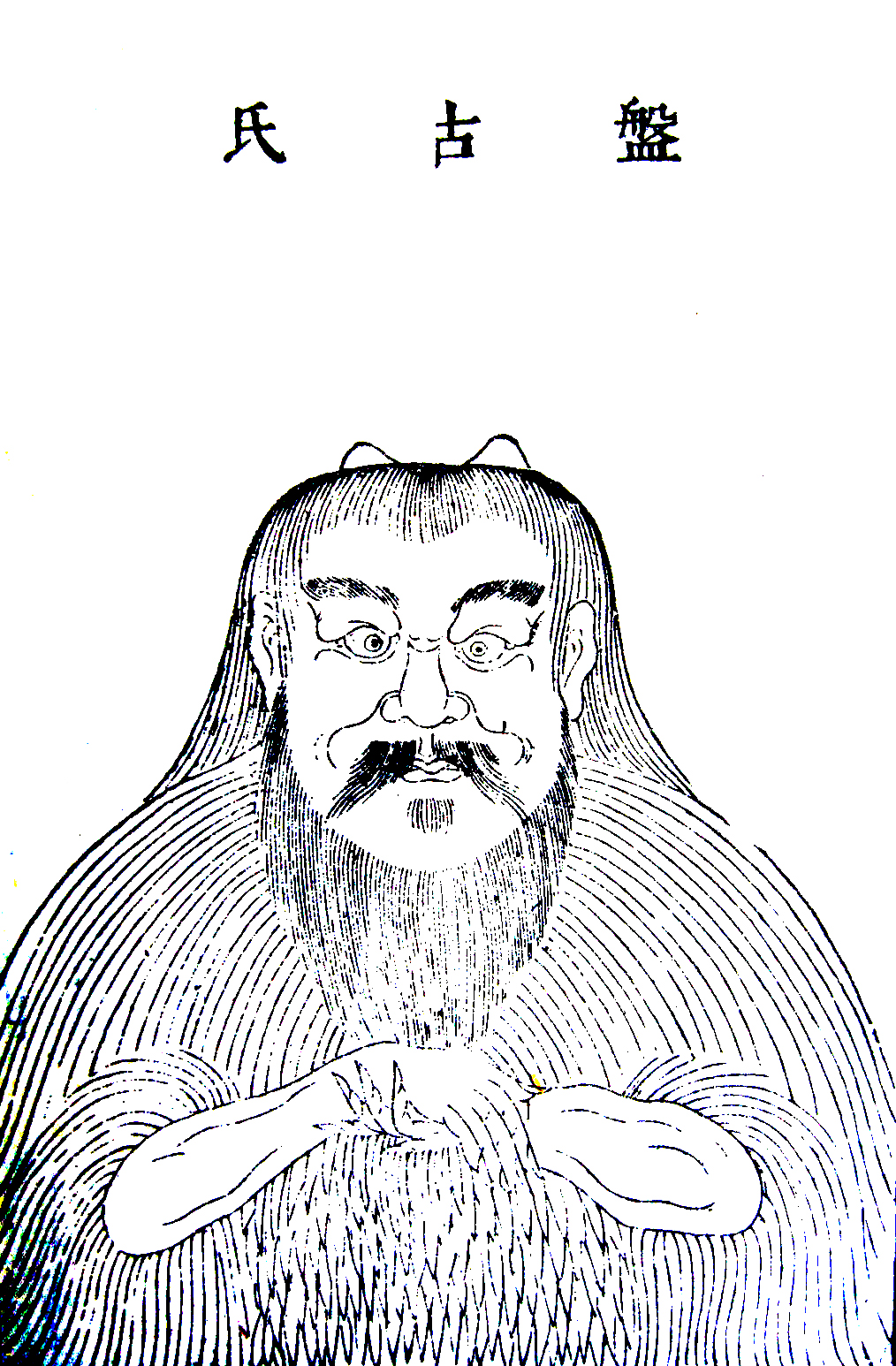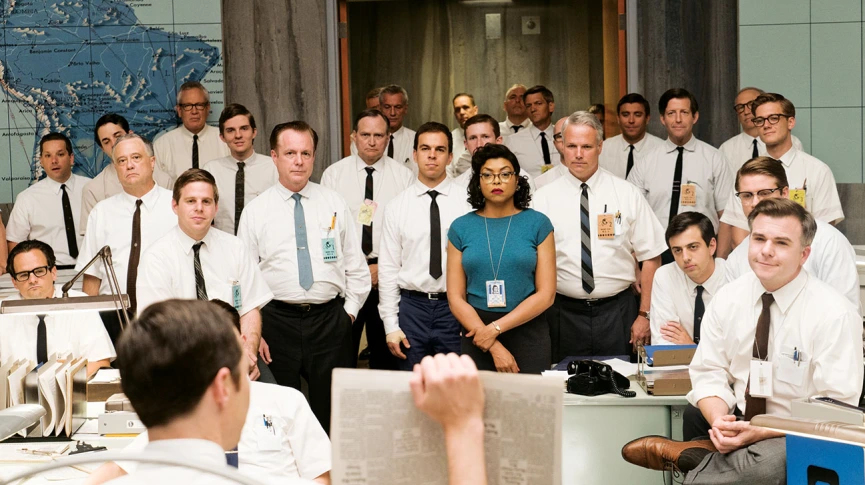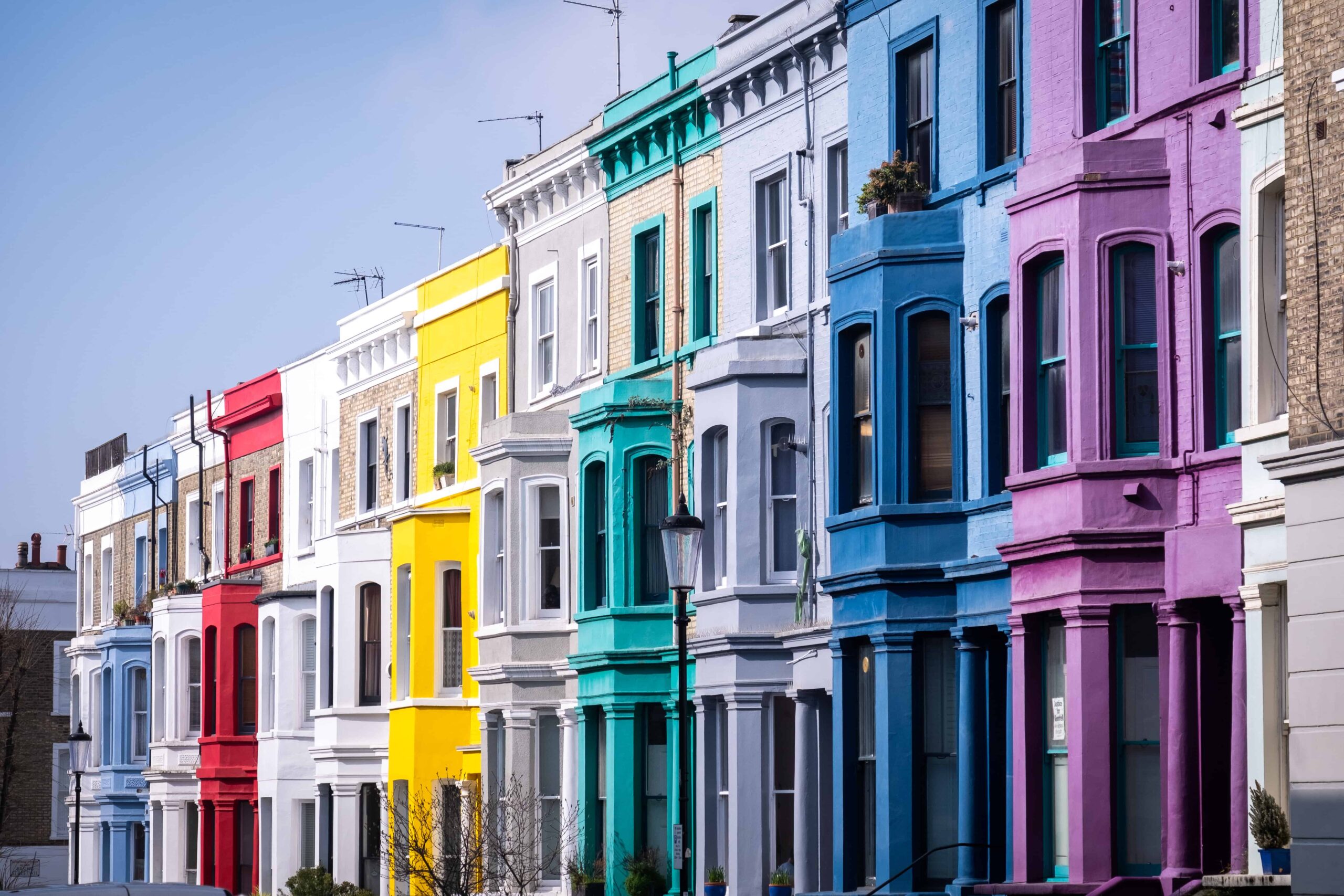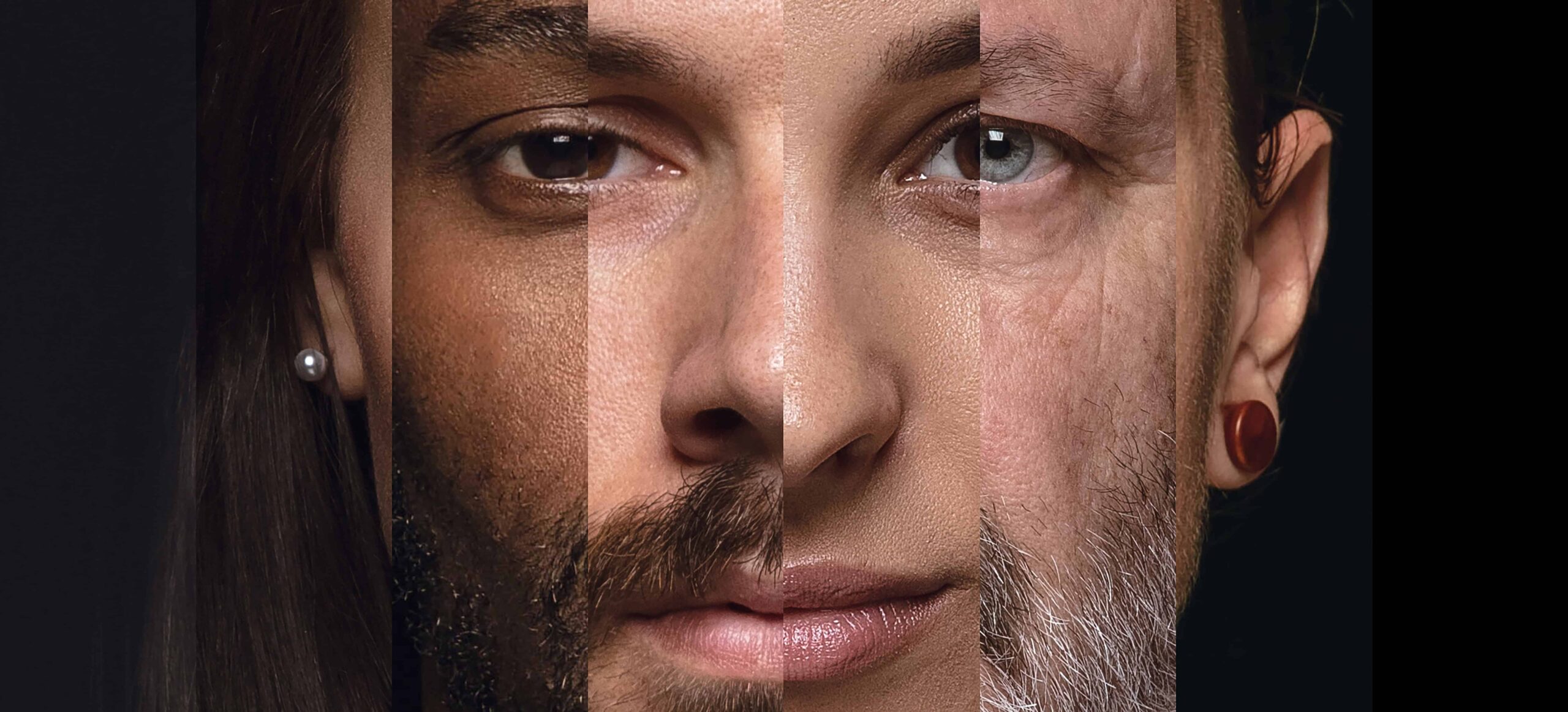Race
Throughout history, people tend to think in terms of categories that help them to demarcate differences. Embodied identities signify relationally. That is to say, we tend to define our identity against what we are not.
In an ideal world, racial justice should be part of fiction in film and literature. Since fiction is part of our social life, fiction does reflect societal racial prejudices. We can use an anti-racist lens to interpret fiction and open it up for socially reparative discussion of race.
Race as a concept is profoundly constituted by language and by narratives. The concept of race is connected to language we use which itself creates social differences. The key takeaway here is that race is a social construct that is more about power relations than biological difference.
Race as a concept is profoundly constituted by language and by narratives. People shape the world with the language they use to describe it. The concept of race is connected to language we use which itself creates social differences.
Race seems to also be predicated upon upbringing. Racism and classism are intertwined. If race is a central part of human identity and related to social class, can one disown one’s race when one transitions to a different social class? Further, to which community would a multiracial person, immigrant, or diasporic subject belong?
Race and gender are interconnected categories. Similar to other categories of identity, racial difference is often imagined as an inversion of what are perceived to be gender norms. Gender identities are often racialized, and racist thoughts sometimes appropriate gender stereotypes.






